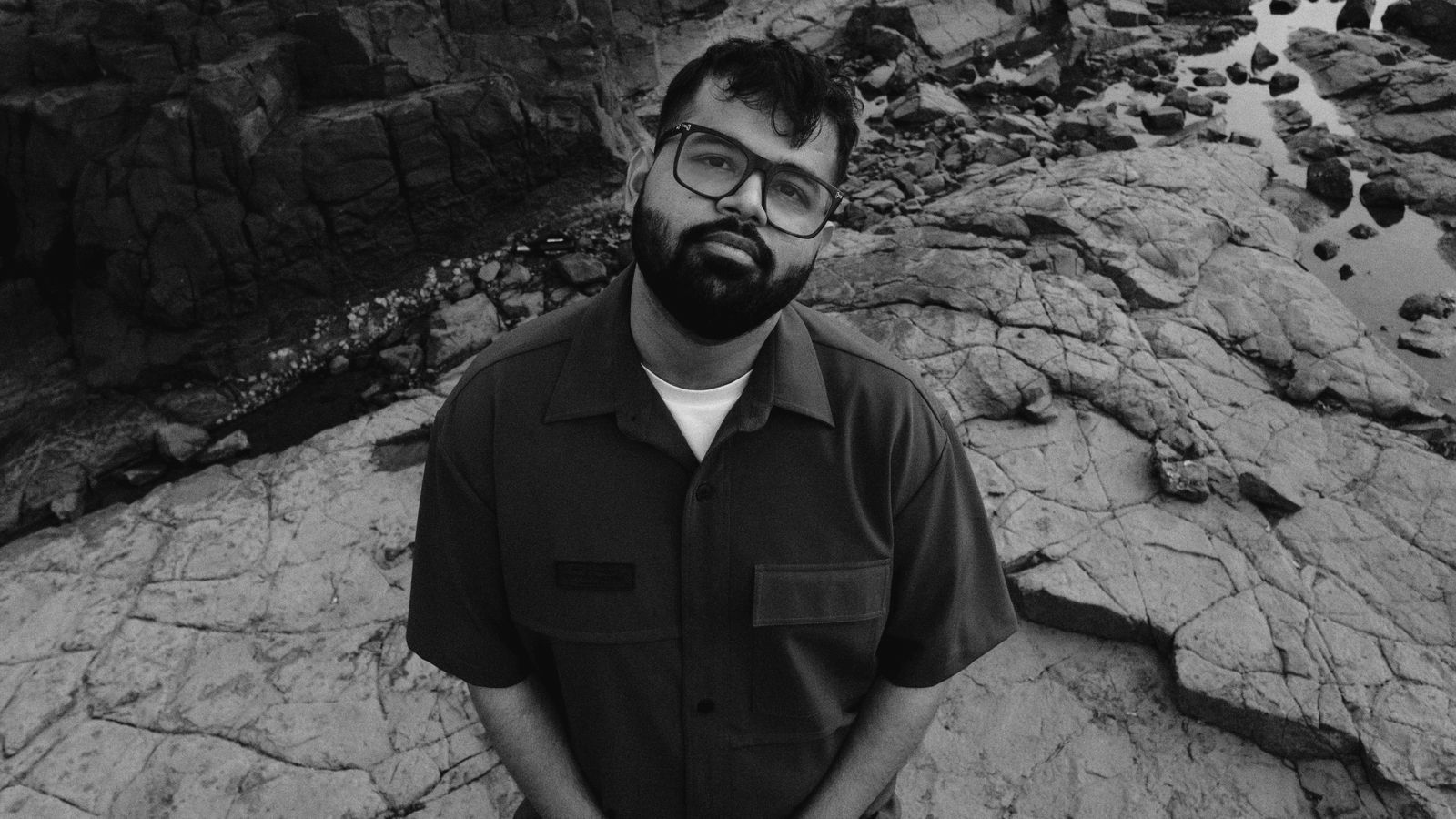There’s a quiet fire running through “Qeemat (Tere Alawa)”. It doesn’t rage—it smolders.
This isn’t just a love song—it’s a quiet protest. A reflection on what it means to stay loyal in a world that forgets to look back. Gadiwala doesn’t romanticize devotion. He questions its cost. The track fuses classical soul with modern production—harmonium and dholak meet subtle guitar, creating a soundscape that feels both intimate and vast.
At its heart, this is about being overlooked. The kind of love that doesn’t demand attention, but deserves it. There’s frustration here, yes—but also grace. The narrator doesn’t chase. He waits. But with every verse, it becomes clear: even patience has its limits.
What gives the song its weight isn’t the words alone—it’s the restraint. There’s no screaming for closure, no breakdowns. Just a steady voice saying: I’ve given you everything. Doesn’t that mean something?
The arrangement mirrors that inner steadiness. It moves with purpose, never rushing, giving space for every feeling to settle. And within that stillness, we feel the real ache: not of loss, but of invisibility.
The second half of Qeemat (Tere Alawa) sharpens that ache into resolve. It’s no longer just about feeling unvalued—it’s about refusing to accept that invisibility. There’s a line between waiting and erasing yourself, and the narrator draws it carefully, quietly.
He still holds love close. But now, he holds himself closer. There’s strength in the soft refusal: If my loyalty has no value to you, I won’t keep offering it in silence. That shift is subtle, but seismic.
Musically, the song swells without ever exploding. The rhythm tightens, the harmonium presses closer. It’s not a climax—it’s a realization. A self-affirmation wrapped in softness.
What makes this song resonate isn’t its volume—it’s its truth. So many of us have given deeply, hoping someone might just notice. This song doesn’t offer answers. It offers recognition. A mirror for the ones who love quietly, but fiercely.
In the end, Qeemat doesn’t ask for much. Just to be seen. Just to matter. And in that simple request lies the full weight of its power.
Lyrics & Meaning:
Tere alawa nazuk hai koi ye tujhe yakeen nahi
You don’t believe anyone else feels as deeply as I do
Tere alawa dekhe mujhe koi ye tujhe manzoor nahi
And the thought of someone else noticing me unsettles you
Kabhi khwab se niklo aur dekho sahi
Step outside your dreamworld—see things as they are
Zahir ho jaayega har gumaan
Every doubt will disappear in the light of truth
Tere alawa nazuk hai koi ye tujhe yakeen nahi
Still, you can’t accept that someone else might feel fragile too—not like I do
Tere alawa dekhe mujhe koi ye tujhe manzoor nahi
It bothers you to imagine I matter in someone else’s eyes
Ho haal humse na poochhte kabhi
You never ask how I really am
Haq phir hum par kyun abhi
So why do you still feel entitled to my loyalty?
Meri wafa ki keemat na samjhe ye mujhko qabool nahi
If you can’t value my faithfulness, I won’t keep giving it
Kabhi khwabon se niklo aur dekho sahi
Wake up from your illusions—look closely, really look
Zahir ho jaayega hargumaan
And you’ll see all your suspicions fade away
Tere alawa nazuk hai koi ye tujhe yakeen nahi
You still don’t believe anyone else could feel this tender
Tere alawa dekhe mujhe koi ye tujhe manzoor nahi
Even now, it stings you to think someone else might see me
Tera naam hai koi nahi tere alawa
There’s no name on my lips but yours
Tere alawa kisi aur keemat nahi
No one else holds any value—not like you do
Audio Credits:
Performance and Lyrics: Murtuza Gadiwala
Production: Lil help, Rutvik Talashilkar






